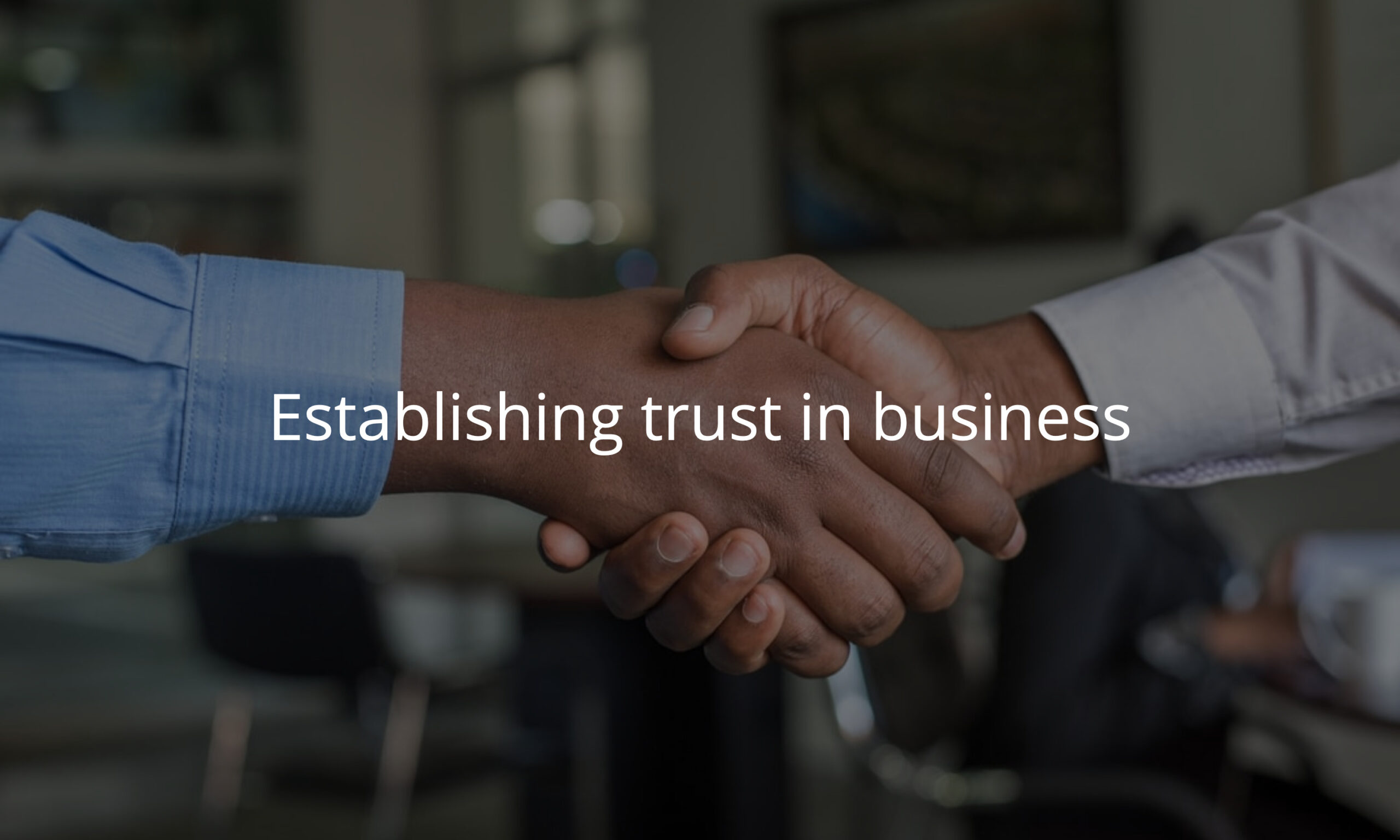I hate sales calls. Being on either side of the transaction is stressful, regardless of how successful the call might be.
But what’s worse than generic sales calls are cold calls. These are sales calls made with no existing business relationship between you and the party you’re trying to contact. You might send a postcard. Or an email. Maybe even call a number off of a contact list you bought from a third party.
The problem is that the person you’re calling is not expecting your call and they know nothing about you. Making these calls successful is hard. Causing them to result in a complete and total blockade against your business is easy.
Utter failure
The worst kind of cold call is one that uses the shotgun approach. Rather than try to identify the right person for a conversation, you instead blast as many requests as possible to every person you can discover works at a particular company.
Best case – one of your contact attempts returns your call or responds to your email.
Worst case – you’ve annoyed the company so much you’ve destroyed any potential for a sale. Both now and in the future.
In short, the shotgun approach to marketing is well named. It blasts a lot of information with a wide spread. And usually results in the total destruction of the thing you aimed at – making a sale.
Building trust takes time
Not every cold call or marketing attempt is doomed to failure, merely those that focus too hard on making the sale. No one trusts a complete stranger enough to fully explain their pain points. That kind of trust takes time to establish. It requires a relationship. It takes hard work.
Start by listening. Open the door by explaining what you do and offering the opportunity to get to know your potential client. You’re not making a sale at this point. You’re building a contact and branching out to learn how your company might better serve a specific industry.
“Hi, my name is ___; I’m from ___. I know you’re not in the market for our product right now, and that’s fine. It’s not why I’m calling. Honestly, I want to better understand your business. I know our product could serve customers like you, even if you’re never a customer yourself. But I need to better learn your industry first. Can I buy you coffee sometime next week and ask you a bit more about what you do and how your industry is moving forward?”
You might already be operating in this industry. You might even have all of the answers to these questions already. What you’re doing at first is creating a relationship and getting to know your sales lead. It’s a slower process, but establishes a stronger rapport and builds a more solid foundation for future sales.
Never look at this first sales call as a potential sale. Yes, this company might eventually become a customer. They might also help open the door to other customers as well. Those conversations will be far warmer if they’re brokered by an established player in the industry who, as “not a customer,” doesn’t have any particular bias towards your success.
